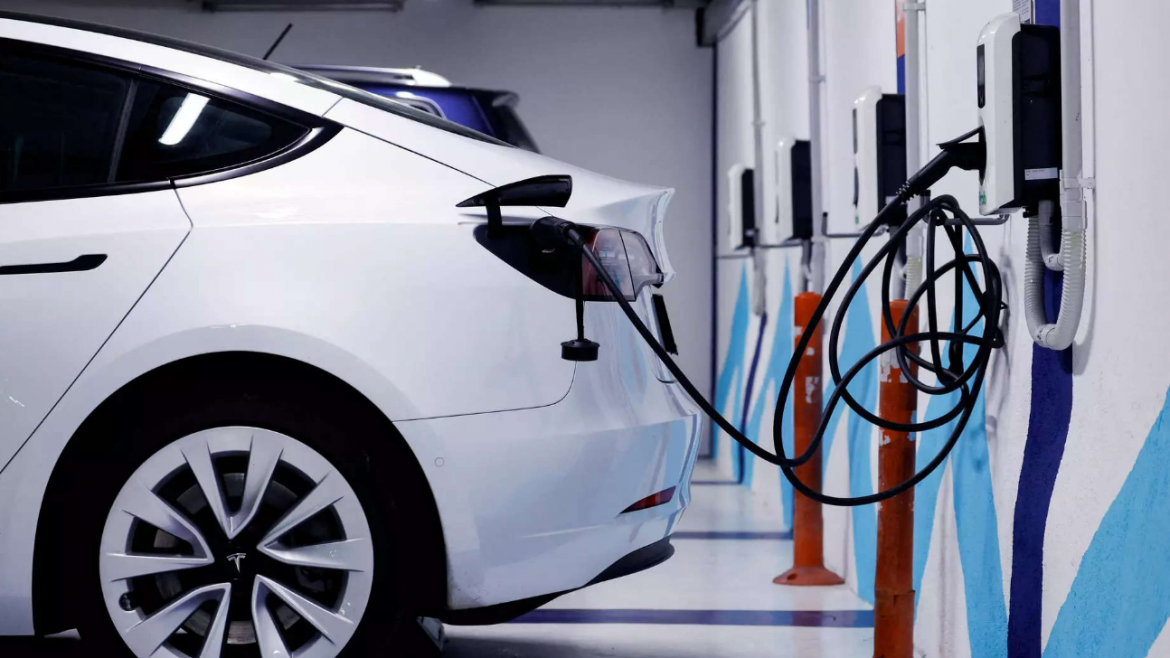India’s trade department is reportedly considering a reduction in taxes on hybrid vehicles to facilitate a shift towards cleaner energy sources. The proposal comes in response to requests from Japanese automakers, notably Toyota, advocating for lower taxes on hybrids, positioning them as a greener alternative to traditional petrol cars. This move may, however, face resistance from domestic automakers. Currently, combined sales and additional taxes on hybrid vehicles can be as high as 43%, compared to the 50% imposed on petrol and diesel cars. Tax rates for electric vehicles (EVs) stand at a lower 5%.
Government’s consideration
Sources within the government indicate that hybrid vehicles are viewed as less polluting than diesel vehicles, justifying a tax structure that falls between diesel and electric vehicles. The trade promotion and industry ministry have purportedly urged the heavy industries ministry to reconsider the cess on hybrid cars, which can reach up to 15% based on vehicle size. While this move aligns with demands from international automakers, it contrasts with the government’s previous emphasis on incentivizing EV adoption. Prime Minister Narendra Modi’s administration has set an ambitious target of transitioning 30% of the country’s fleet to electric vehicles by 2030.
Lobbying efforts
Toyota, the world’s largest carmaker, has been actively lobbying for reduced taxes on hybrid cars in India, contending that these vehicles are significantly less polluting than their petrol counterparts. In a letter to the Indian heavy industry secretary, Rajesh Kumar Singh, the trade promotion and industry secretary, referenced a foreign carmaker’s representation highlighting the higher levies on hybrids compared to electric vehicles. The letter emphasized the importance of both hybrid and electric vehicles to meet climate goals.
Potential industry impact
While a tax cut on hybrids could benefit international automakers like Toyota, it may disrupt the government’s strategy of promoting EVs. The move is expected to be met with resistance, with industry insiders expressing concerns about policy inconsistencies that could hinder the transition to electric vehicles and dampen investment sentiments. Tata Motors and Mahindra & Mahindra currently dominate India’s electric car market.
As the proposal awaits formal announcement and approval from the finance ministry, it underscores the delicate balance the Indian government seeks to maintain between promoting greener alternatives and nurturing the growth of the domestic automotive industry.



